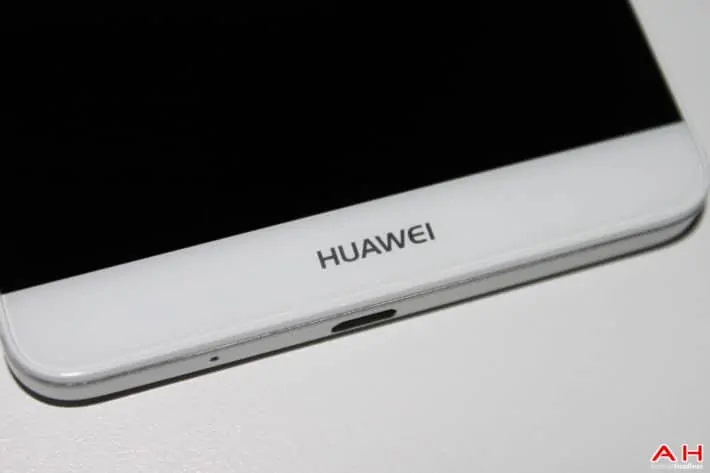Reviewed in isolation, Microsoft’s mobile operating systems have had a gentle, easy transition from Windows CE through to PocketPC, to Windows Mobile, then Windows Phone. We’ve had different versions along the way of course and there was a substantial jump from Windows Mobile to Windows Phone. However, I cannot recall any of these mobile operating systems having an advantage compared with the competition. And I should know, because I have persevered with all of these operating systems! Windows Phones managed to combine the inflexibility of iOS with very limited application and online service support. By the time I was using the Nokia 925 as a business handset, I struggled to find many redeeming features. And it seems I am not alone in this rather poor assessment, as Chinese manufacturer Huawei has gone on record revealing that the business never made any money from its Windows Phone devices. Oh and it went on record to say that, “nobody made any money in Windows Phone.” Ouch.
I would add that Microsoft had to go to the extremes of buying Nokia to ensure that at least one manufacturer still supported Windows Phone. This remark is a little tongue in cheek – but only a little. We’ve seen what Nokia can do with Android, witness the beautiful looking N1 tablet. Microsoft has made Windows Phone free for device manufacturers, which is the latest in a long line of attempts to persuade businesses and consumers to use the product. Another recent example, is the launch of a web-based hardware partner portal to coincide with Windows Phone 8.1. Which allows smaller manufacturers, stores and operators to create their own white-label Windows Phone devices without the expensive design and development costs.
Where has it gone wrong for Microsoft? I used Windows Phone on a Nokia Lumia 925 as a business handset, by choice, for several months. There is much to like about the platform: it’s broadly simple to use, it’s mostly fluid and battery life at the default settings is pretty good. Unfortunately, the operating system is no more efficient than Android. It’s just, by default the device does less. For example, there’s no push email support for many accounts, unless you tweak the settings and then Gmail is pushed to the Android device. It isn’t perfect, but it’s not an unpleasant experience… until as I’ve said, you decide to tailor the device to work the way you want it to. In a professional capacity, Windows Phone’s inability to support group mailboxes in an Exchange environment is frustrating and a deal breaker. Third party applications ideally feel like an extension of the operating system, but all too often there’s a jarring difference from the Microsoft side of things and whatever application you’re using.
To my mind, the better Windows Phone devices are the cheaper, lower end devices; these are almost as fluid and smooth as the high end devices but are far more affordable. And so perhaps Microsoft may come good next year as they’ve announced new Windows Phone partners with Chinese manufacturers (Foxconn, Lenovo, Longcheer, ZTE are all cited). Inexpensive hardware, a free operating system… sounds like it might work, yes? But haven’t we already seen this party thanks to Android? Could Windows Phone make a decent competitor to the Android One devices? Perhaps this is Microsoft’s 2015 game plan?

